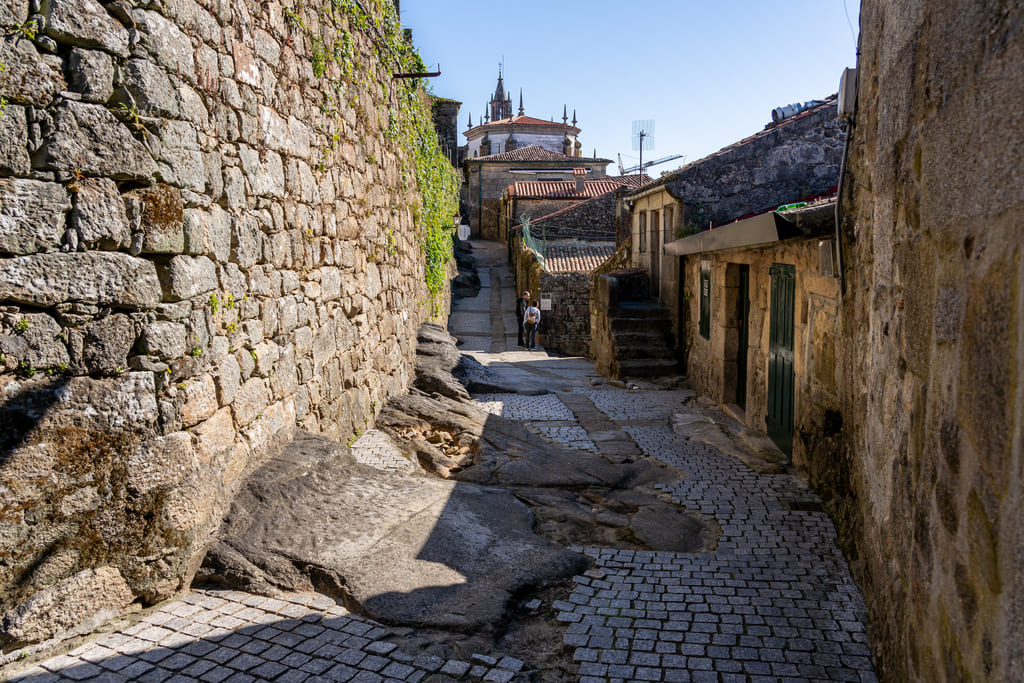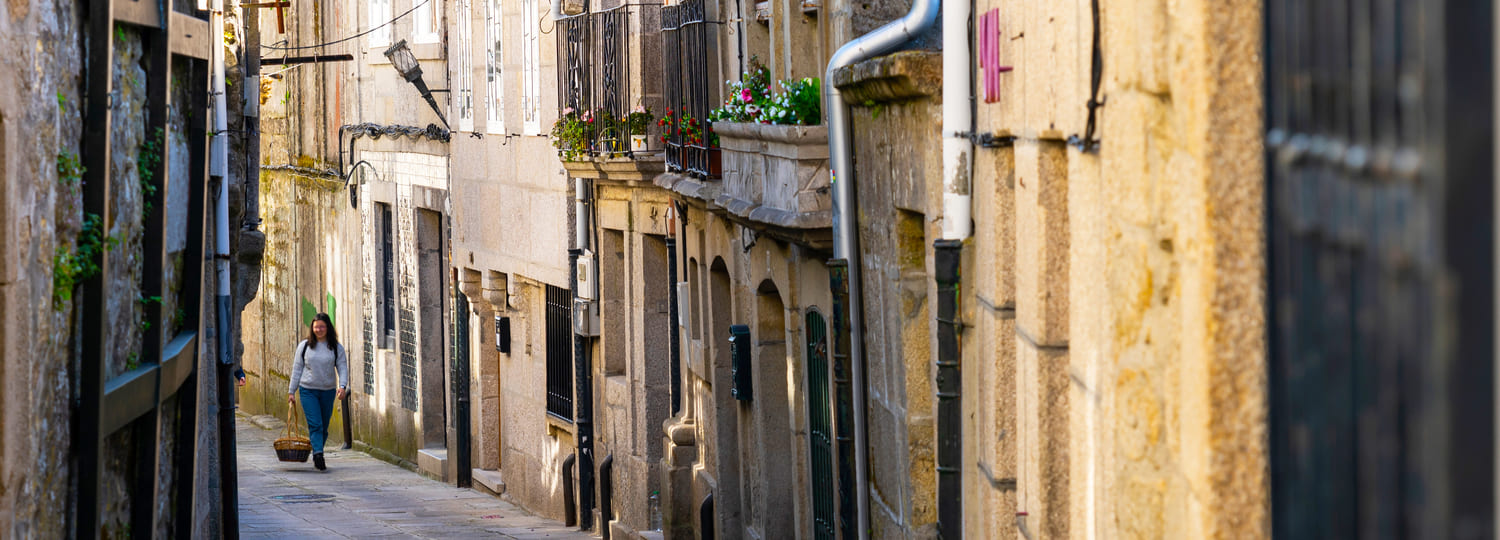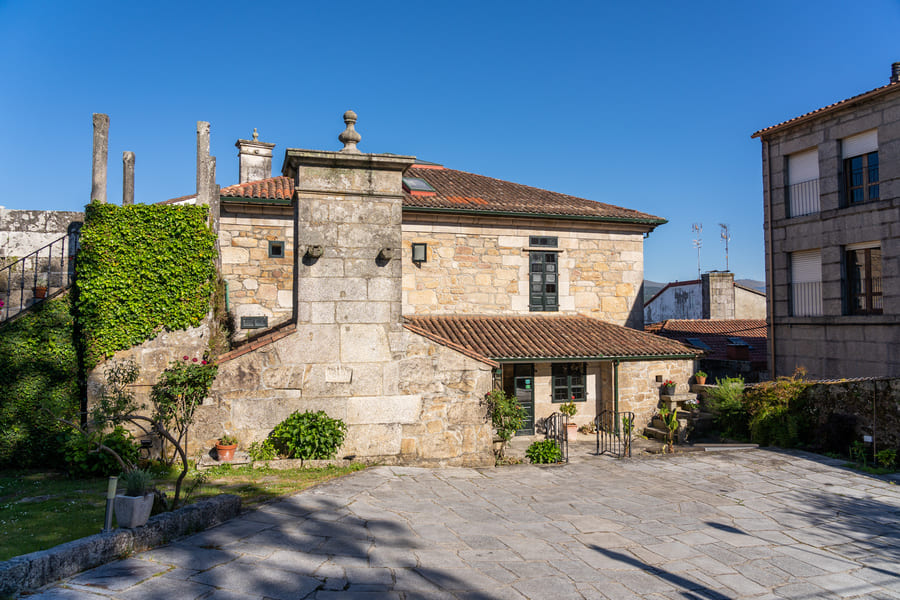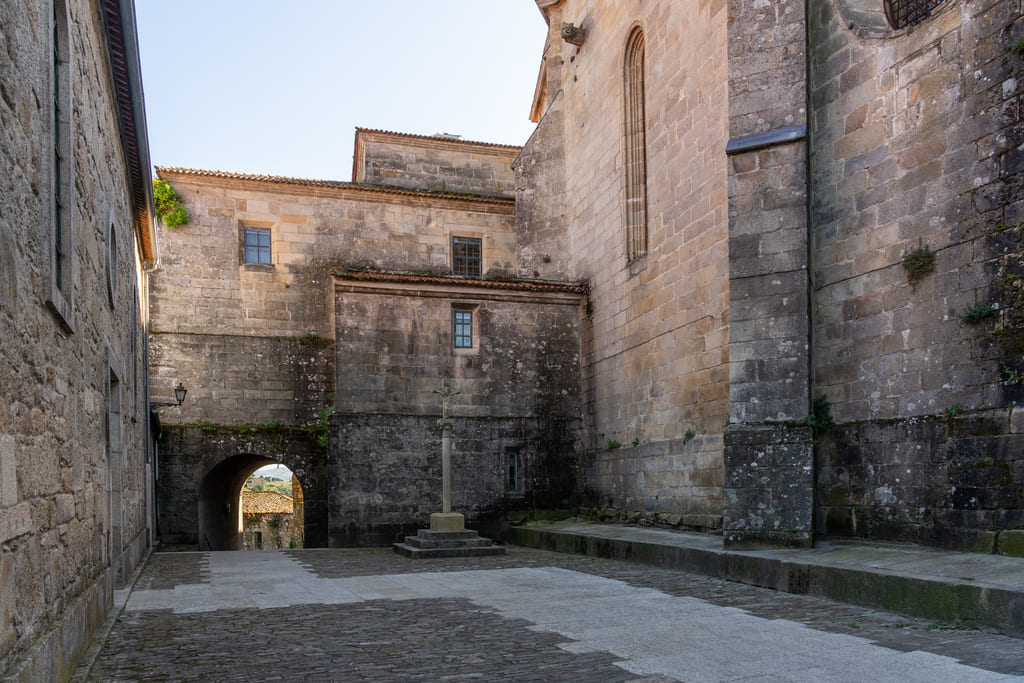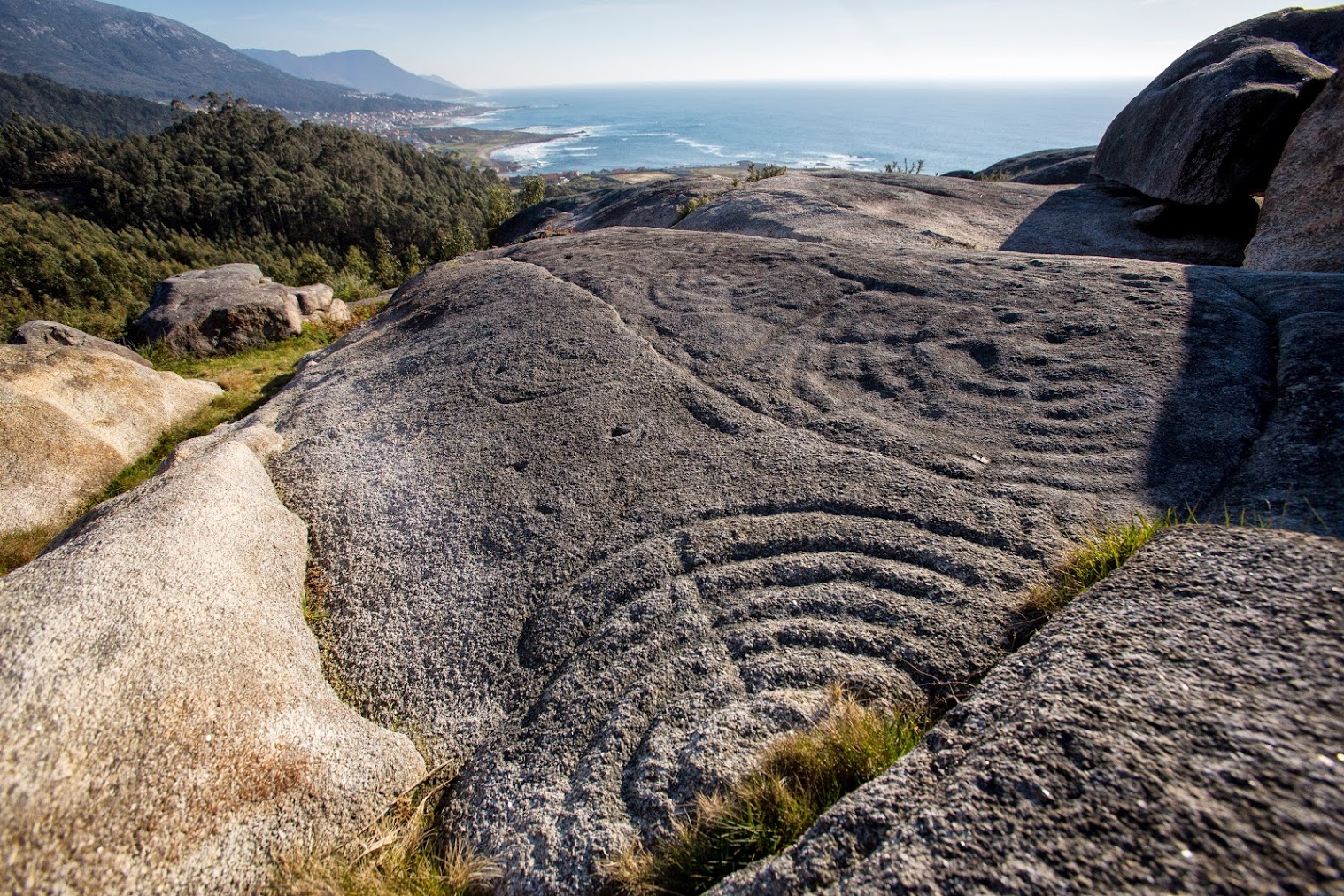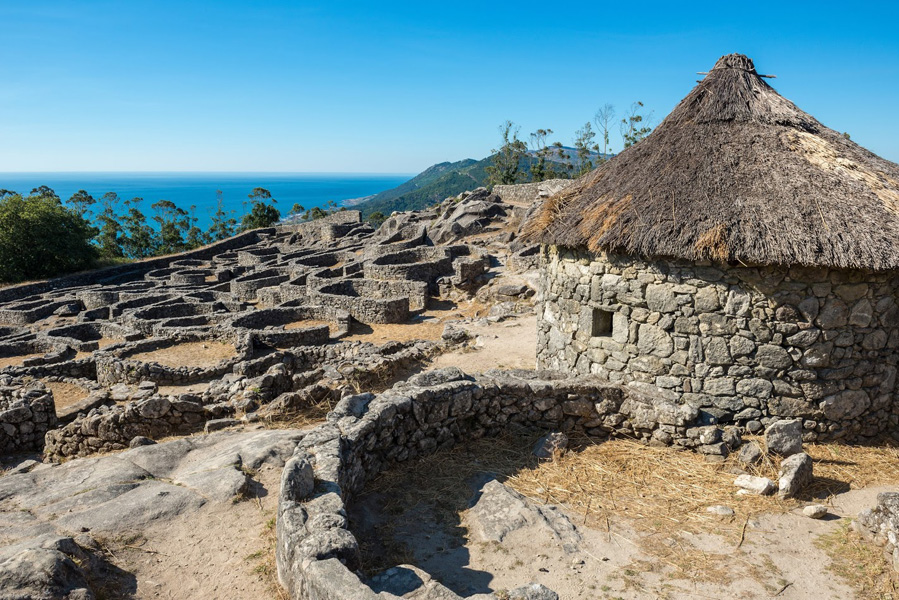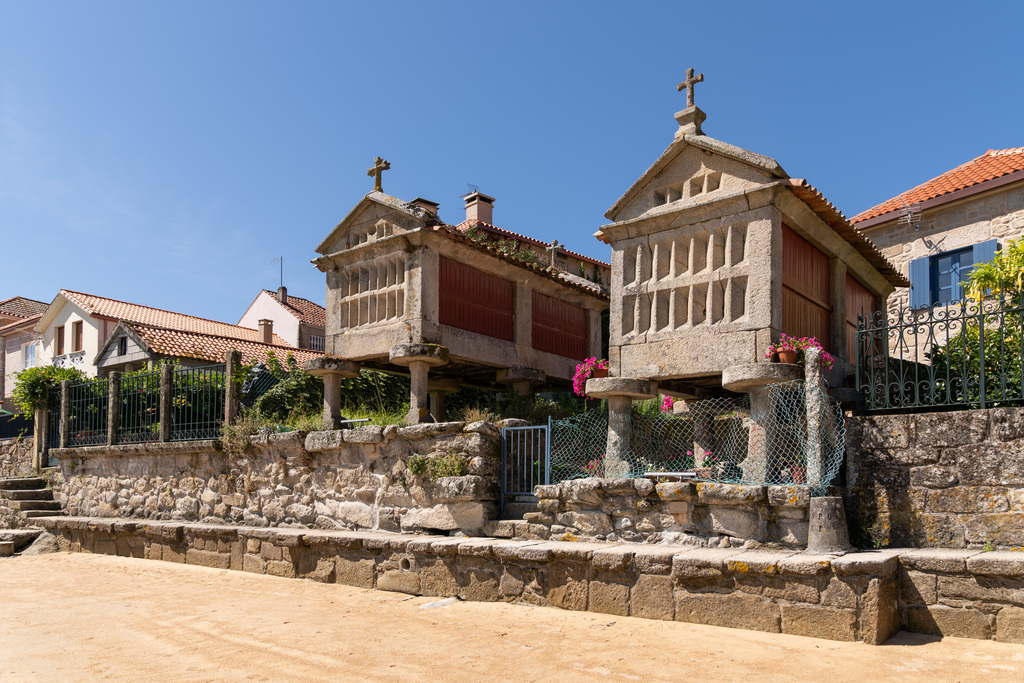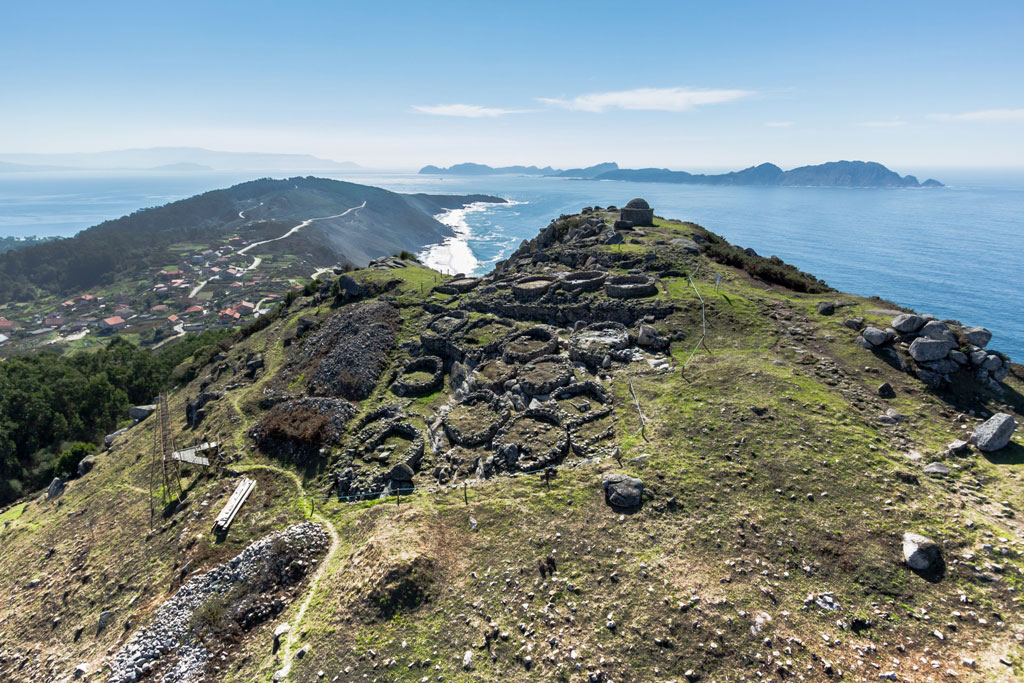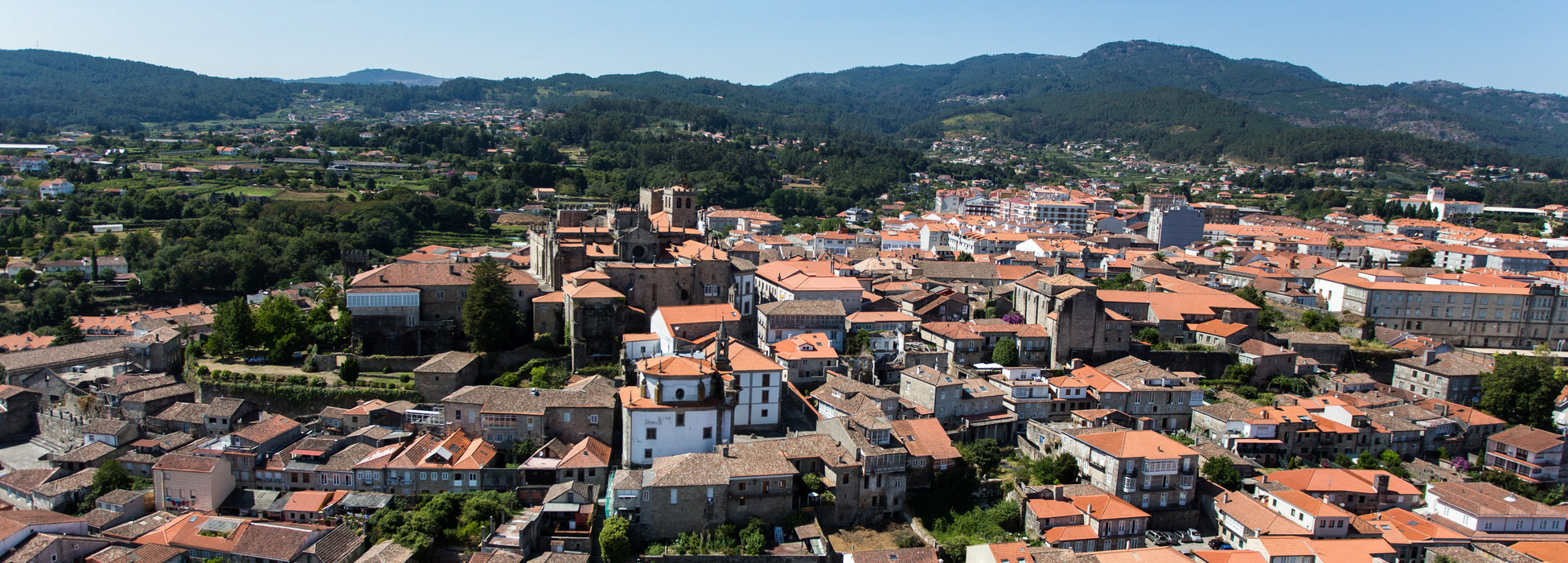
The Sephardi Jews in As Rías Baixas
During Medieval times, the Jewish community lived in different parts of Galicia. The town of Tui would accommodate one of the most important communities, which also settled in Baiona and Salvaterra
Tui is rich in history, it is Suebi and Visigoth, it is Jewish and Christian, it is Medieval and it is a historic ensemble that was designated Site of Cultural Interest (BIC). Tui has been the link between Galicia and Portugal and was privileged to be one of the seven provinces of the Galician Reign. During the Middle Ages, the Jewish community was established in this town.
Tui also had a synagogue, located next to the Porta da Pía, at the entrance of the town
According to the written evidence, the Jewish community decided to settle at its historic centre, inside the wall, and be under the protection of the bishopric. It has also been recorded the existence in the town of a synagogue, a cemetery and houses inhabited by members of the community.
From this period, the town of Tui keeps a valuable heritage, with buildings such as the Salomón’s House, the courtyard of the synagogue, and the sambenitos, which are unique pieces in Europe. These public lists elaborated during the Inquisition include fourteen punishments that were inflicted on the people of Tui and Baiona.
The silver objects, now kept in the Museo Catedralicio, were made by silversmiths as Abraham, Jacob or Pero Amin, among others. There are also important works by stonemasons who, generation after generation, used their own signs, being especially remarkable the menorah of the Gothic cloister, which represents the integration of the Jewish into the Cristian community.
A signposted route
The best way to discover the heritage that the Jewish community has left in the town of Tui is to follow the signposted route through the old town. You can start on the Inmaculada Square and follow the signs with QR codes that provide information about the main points of interest, or you can get the information leaflets issued by the Town Council. Tui is one of the twelve towns that participate in the European Days of Jewish Culture, with events and activities held in different European countries.
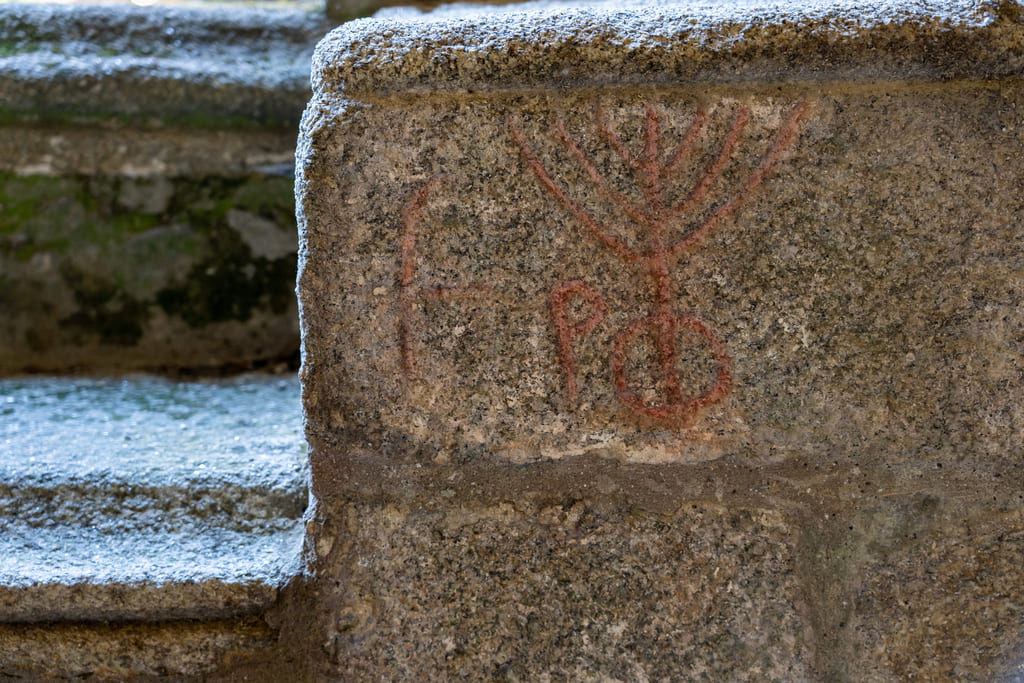
Tui also had a synagogue, located next to the Porta da Pía, at the entrance of the town. The word pía is related to the Jewish ritual bath or micveh, located in the courtyard of the synagogue, in Ordóñez Street. Nearby, close to the cathedral and the Poor Clare Convent, stands the old church of Santa María de Oliveira. This area was the closest to the wall, where the Jewish houses were located during the 15th century.
In the cemetery, on the outskirts of the town, probably in the neighbourhood of Riomuiños, burials were celebrated following all the rituals of the religion. High places next to a river or a stream were necessary, and Tui satisfied all these requirements. Since 1942, the Catholic Monarchs ordered the expulsion of the Jews from the Reign.








